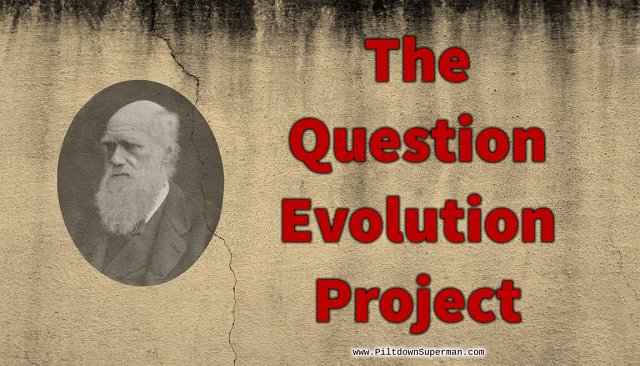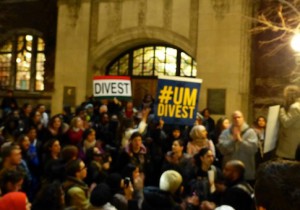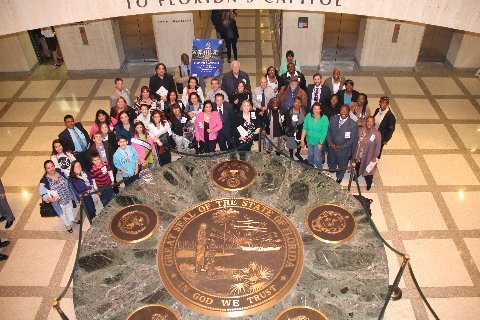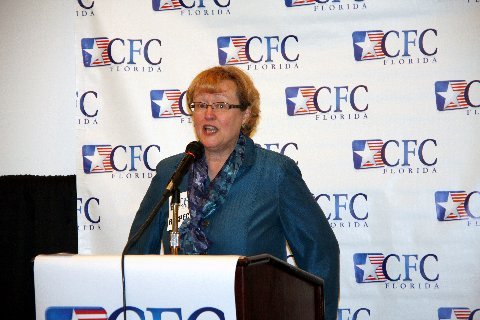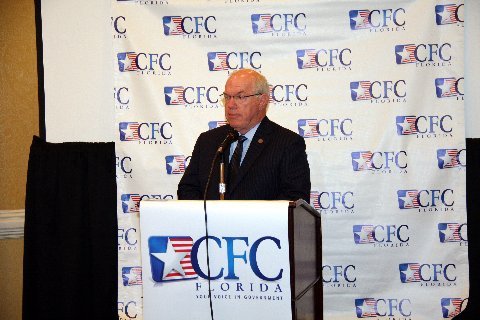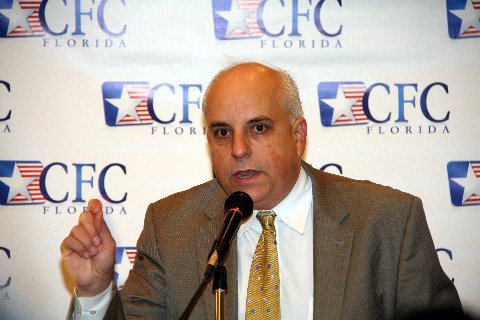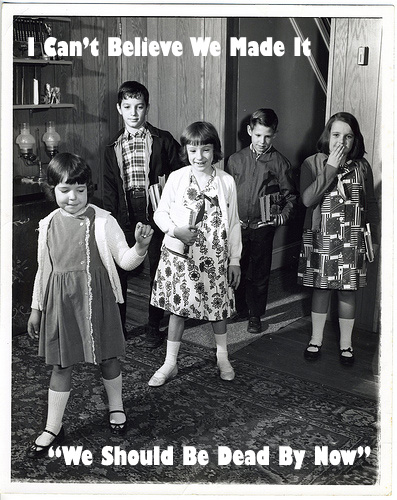Democrats can be racists, too
Two weeks ago, Congressman Paul Ryan (R-Wis.) set off a firestorm of controversy by saying on the syndicated radio talk show of Bill Bennett: “…we have got this tailspin of culture in our inner cities, in particular, of men not working and just generations of men not even thinking about working or learning the value and the culture of work; and so there’s a real culture problem here that has to be dealt with…”
To read the unedited interview, go to: http://www.politifact.com/wisconsin/article/2014/mar/14/context-paul-ryans-poverty-comments-racial-attack/
This made up controversy about Ryan is a bunch of garbage. People need to be much more judicious in labeling someone as a “racist.” It is a very damning term that should only be used under the most extreme of circumstances.
What Ryan said was stupid, but not racist. In the 80s, Jesse Jackson referred to New York City as “Hymietown.” Like Ryan, it was stupid but doesn’t make Jackson anti-Semitic. Professional athletes using the word fa**ot in the locker room doesn’t necessarily make them homophobic, but it may be stupid to use in today’s PC climate.
We, who are in public life or have a media platform, all say stupid things at some point in our lives. But our lives should not be destroyed by the mistakes we make. Rather, our lives should be affirmed by the totality of the contributions we make to society. By this standard, Ryan is definitely a good guy.
Not surprisingly, members of the Congressional Black Caucus (CBC) sharply criticized Ryan. Strangely, they never direct similar anger at President Obama, even after he for willfully disrespected them and ignored them for five years and counting. Republicans are constantly accused of ignoring the Black community because they are racists. So does that also make Obama a racist? Just asking.
U.S. Rep. Barbara Lee (D-Calif.), former head of the CBC, called Ryan’s comments a “thinly veiled racial attack.” House Minority Leader, Nancy Pelosi’s (D-Calif.) spokesman called his remarks “shameful and wrong.”
If you only go by the media coverage, a person can only be a racist if they are a White Republican. So, allow me to give you a little Democratic history.
During the Democratic primary of 2008, our “real” first Black president, Bill Clinton had this to say about Obama’s campaign, “Give me a break. This whole thing is the biggest fairy tale I’ve ever seen.” The response from the CBC and white Democrats? Crickets! Nothing. Laryngitis.
The morning after Obama’s 28-point blowout of Hillary in South Carolina, Bill Clinton called Obama another Jesse Jackson (meant in a negative way). Of course, who could forget Bill Clinton’s Sista Soulja moment from the 1992 campaign? Again, Crickets! Nothing. Laryngitis.
I could go on forever with examples of Democrats doing the same thing that Ryan is accused of, but you get the point.
There is also the issue of what I call “White Republicanitis.” I have warned Ryan about this issue, but he didn’t get it. Bob Woodson, founder and president of the Center for Neighborhood Enterprise, has been taking Ryan all across the country to meet with inner city Blacks to discuss possible policy solutions to deal with some of the issues they deem important.
Ryan refused to do any media surrounding this personal initiative with him and Woodson because he’s doing it because he cares, not because he wants media attention.” Paul, they are not mutually exclusive; it’s not either or, but both and.
This is what I call “White Republicanitis:” doing the right thing but in the wrong way. If Ryan had followed my counsel, then he would have some goodwill in the bank to draw down from during his moment of crises.
I have done several media interviews about this Ryan flap and in every instance the comment was made that maybe Ryan needs to go into the Black community and talk with a few Blacks before he opens his mouth. When I shared with the interviewer/host what Woodson was doing with Ryan, they all indicated that they had no knowledge of this. Most looked shocked, as though they couldn’t reconcile the idea of a White Republican going into the Black community because that is the antithesis of their view of a Republican.
Maybe now Ryan will start engaging with the Black media.
But, it’s not just Ryan. I have had similar conversations with the House and Senate leadership about this same issue to no avail.
As far as this feigned outrage from members of the CBC and Pelosi, weak people take strong positions on weak issues.





